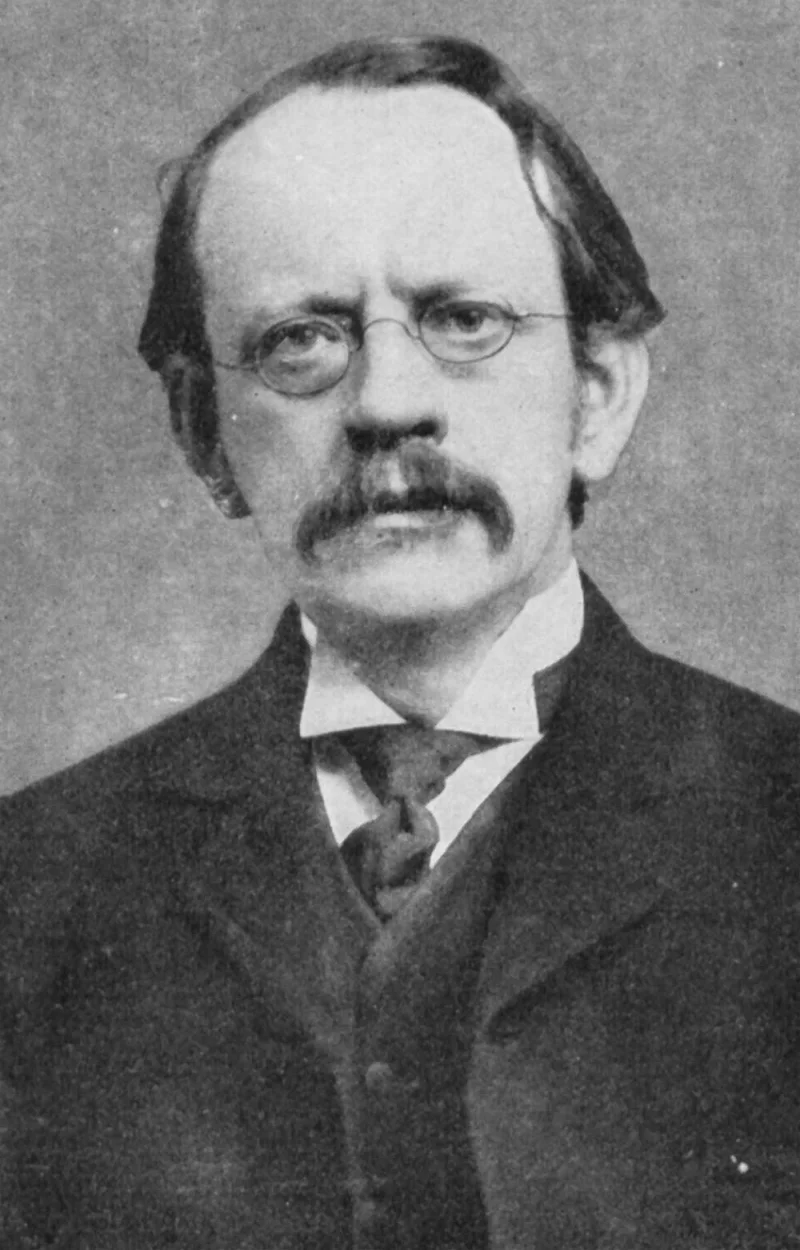Short Summary
Max Delbrück was a pioneering biophysicist whose work laid the foundation for molecular genetics. He is best known for his role in the development of the "phage group," which revolutionized the study of bacteriophages and genetics. His groundbreaking research earned him the Nobel Prize in Physiology or Medicine in 1969, solidifying his place as a significant figure in the history of science. Delbrück's legacy continues to influence the fields of molecular biology and genetics.
Early Life & Education
Max Delbrück was born on September 4, 1906, in Berlin, Germany, into an intellectually stimulating family environment. His father, Hans Delbrück, was a noted historian, and his mother, Lina, was the daughter of a distinguished chemist. Delbrück initially pursued a career in astrophysics, earning a Ph.D. from the University of Göttingen in 1930. However, a growing interest in biology led him to transition into biophysics. Early influences included his interactions with notable scientists such as Wolfgang Pauli and Niels Bohr, which helped shape his scientific approach and curiosity.
Career Highlights
Delbrück's career took a significant turn when he moved to the United States in 1937. He joined Vanderbilt University, where he began his pioneering work on bacteriophages. During the 1940s, Delbrück collaborated with Salvador Luria and Alfred Hershey to form the "phage group," a collective that made substantial contributions to the understanding of genetic structure and replication. His work in this period was instrumental in establishing molecular biology as a distinct discipline. Delbrück later became a professor at the California Institute of Technology, where he continued his influential research and teaching.
Major Achievements
- Nobel Prize in Physiology or Medicine (1969) - Awarded for discoveries concerning the replication mechanism and the genetic structure of viruses.
- Founding Member of the Phage Group - Played a key role in forming a research team that would revolutionize molecular genetics.
- Caltech Professor - Contributed to the advancement of molecular biology through teaching and mentorship.
Famous Quotes
- "Any living cell carries with it the experience of a billion years of experimentation by its ancestors."
- "The object of all science is to coordinate our experiences and bring them into a logical system."
Interesting Facts
- Originally trained as a physicist before making significant contributions to biology.
- Worked closely with Niels Bohr, who influenced his shift towards biology.
- His research helped establish bacteriophages as critical tools in genetic research.
- He was a key figure in developing the "one gene-one enzyme hypothesis."
Legacy / Influence
Delbrück's work in the field of molecular biology laid the groundwork for the genetic revolution of the 20th century. His insights into the replication of viruses set the stage for future breakthroughs in genetics and biotechnology. As a mentor and educator, he influenced a generation of scientists, many of whom became prominent figures in their own right. His interdisciplinary approach continues to inspire research across various scientific domains.
FAQ
Q: Why is Max Delbrück famous?
A: He is renowned for his groundbreaking research on bacteriophages and contributions to molecular genetics.
Q: What did he win the Nobel Prize for?
A: He won the Nobel Prize for discoveries concerning the replication mechanism and genetic structure of viruses.
Q: Where did Delbrück primarily work?
A: He worked at Vanderbilt University and later at the California Institute of Technology.












